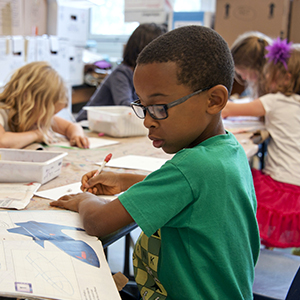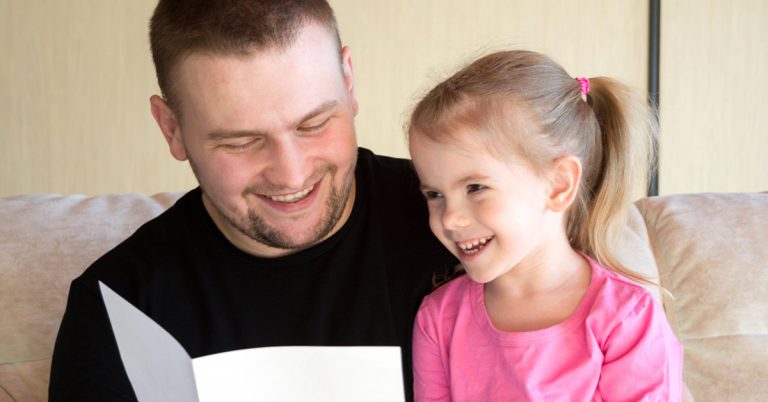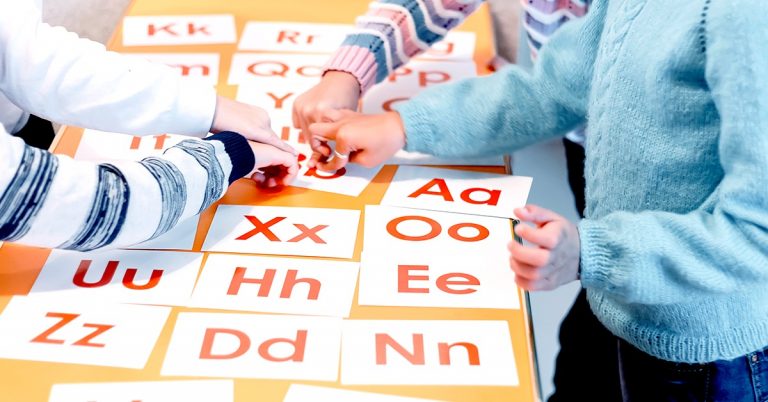What is early childhood education
As children grow, they learn about the world around them and develop psychomotor skills necessary for success in life. In the beginning, this involves the basics, such as learning to speak, walk, chew, etc. However, children need encouragement and a correct approach even for these simple activities; positive reinforcement and motivation are crucial in the period between the ages of 2 and 4.
In this period, children are commonly enrolled in kindergartens and preschools where educators actively work on their further development. As they spend a part of the day separated from their parents, children often form a bond with their teachers and eventually recognize these teachers as individuals they can rely on. Therefore, it is important to have a clearly defined system for working with children so that everyone gets equal chances of success in life.
The United States government goes to great lengths to make all children a part of the early childhood education system, because that way, children get the opportunity to acquire habits, knowledge, and skills from an early age which will help them succeed in life. This is done through institutional and systemic care for the child’s development. This doesn’t only include learning, but also care for their psychophysical health (regular and quality nutrition, healthcare, care of their emotional development, etc.).
Benefits of early childhood education
Caring for children in the early period of their life greatly improves their chances to succeed later in life. Research shows that this approach pays off not only on a human level, i.e. care for children’s development, but on the economic level as well.
Namely, investing in early childhood education programs returns to the state tenfold, because this is how future experts are made. Thanks to a great childhood and education, they get a chance to use the potential that may not have been recognized otherwise. Early childhood education helps children progress better, which makes it easier to cope at school when they are older, and that, in turn, opens the doors of good schools and universities, and thus helps them find better jobs and build successful careers.
When we look at this chain of events, it is clear that early childhood education is important for the development of children, but also for society as a whole. Namely, a specific approach to children is used while they are in preschool, but this approach should be implemented at home as well as consistency and a positive atmosphere will encourage children to explore the world around them and learn new things.
Learning through play
Children acquire knowledge and skills through play and physical activities in line with their age. Many activities we often take for granted are key to development. Some of the basic skills a toddler should master:
- Potty training
- Using the bathroom and washing their hands on their own
- Changing clothes
- Performing simple tasks
- Communicating with their environment (forming simple sentences)
- Drawing and painting
- Using scissors for children
- Repeating physical exercises in line with the child’s age
- Ability to focus and listen to stories
- Getting used to daily routines (time for meals, walks, naps)
- Using a knife and fork
These are key abilities that every child must acquire when the time comes. However, many parents are often reluctant to make the next step in development, believing that their child is not yet ready. The role of teachers is crucial in this period, because their experience can help them assess if the child is ready to perform certain activities or not. Moreover, children often progress faster group settings because they watch what other children are doing and try to imitate them..
To achieve the desired goals, we need to organize activities that encourage creativity and imagination, because that way, children won’t even be aware that they learn valuable life lessons through play. To achieve the best possible effect, it is good to have parents participate in the activities, and solve tasks together with their children. These can be joint sports games, creating cards for Christmas, Easter, Mother’s Day, singing and playing instruments together, etc. Children will not only gain new knowledge through these activities, but also develop intellectually and learn to communicate with others.





